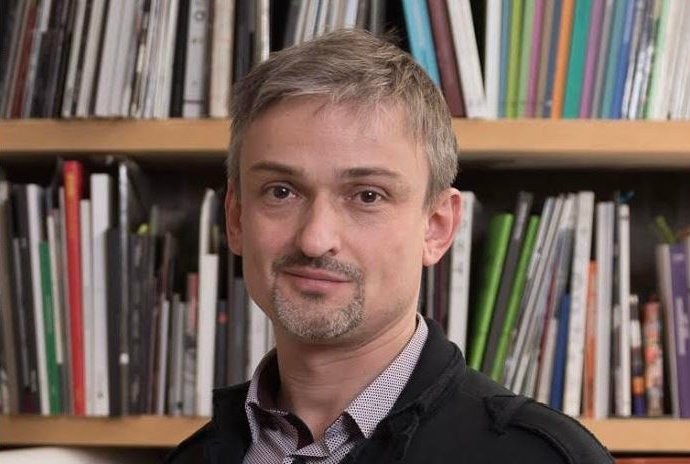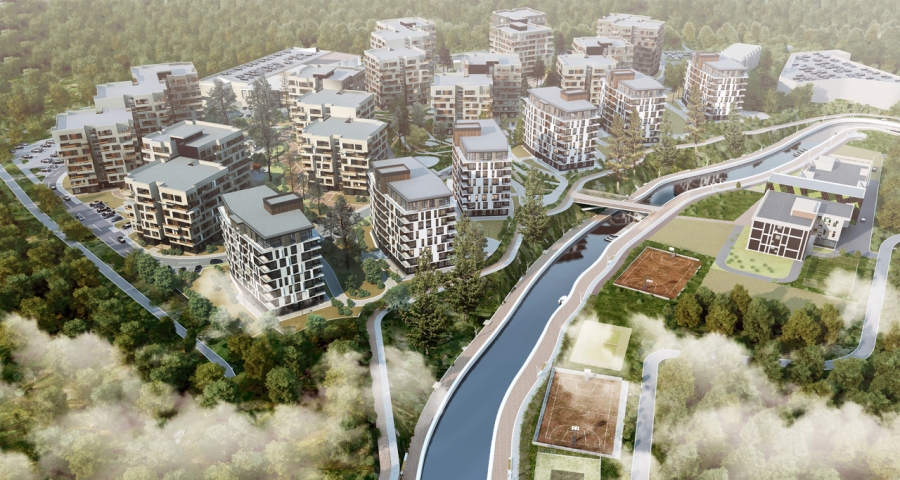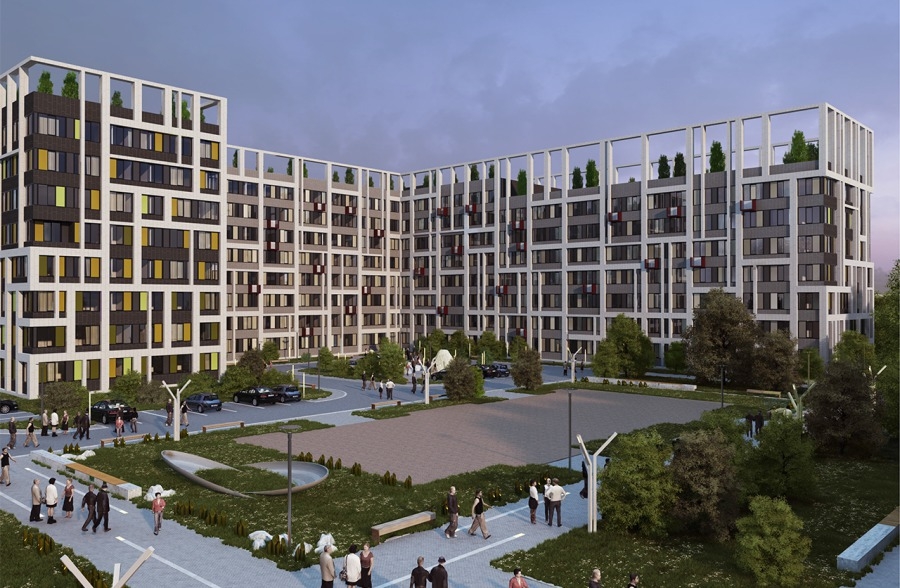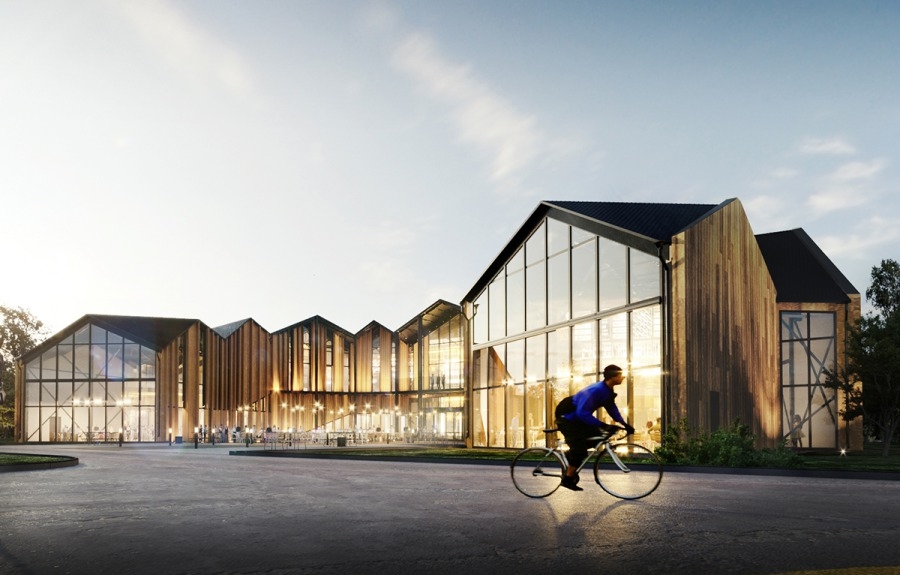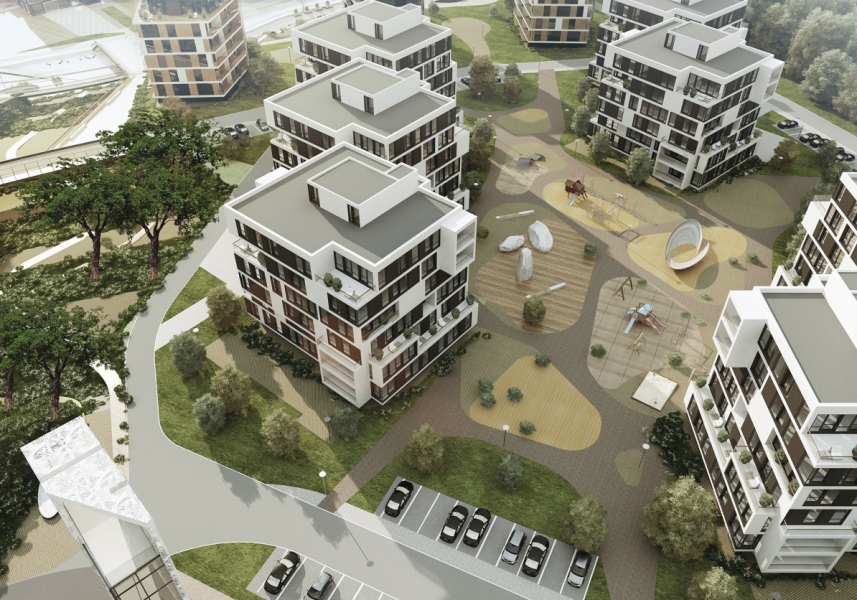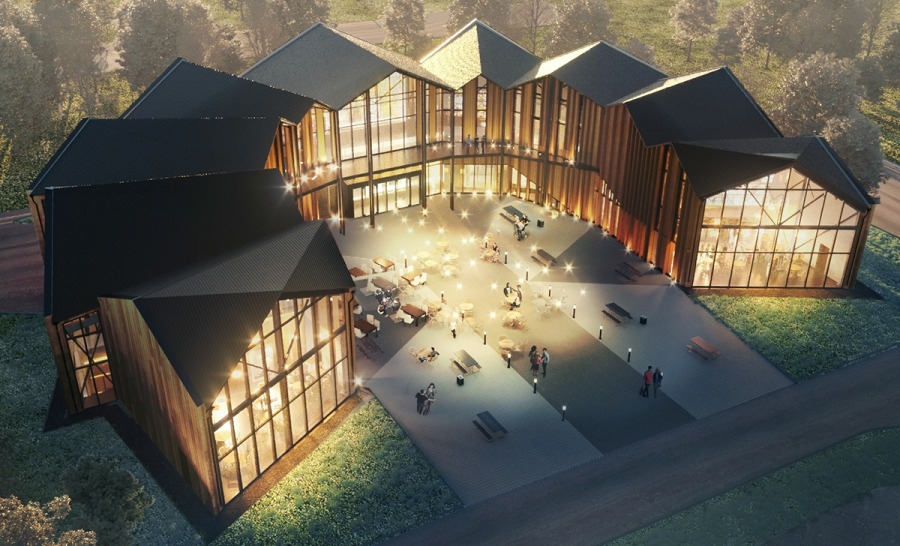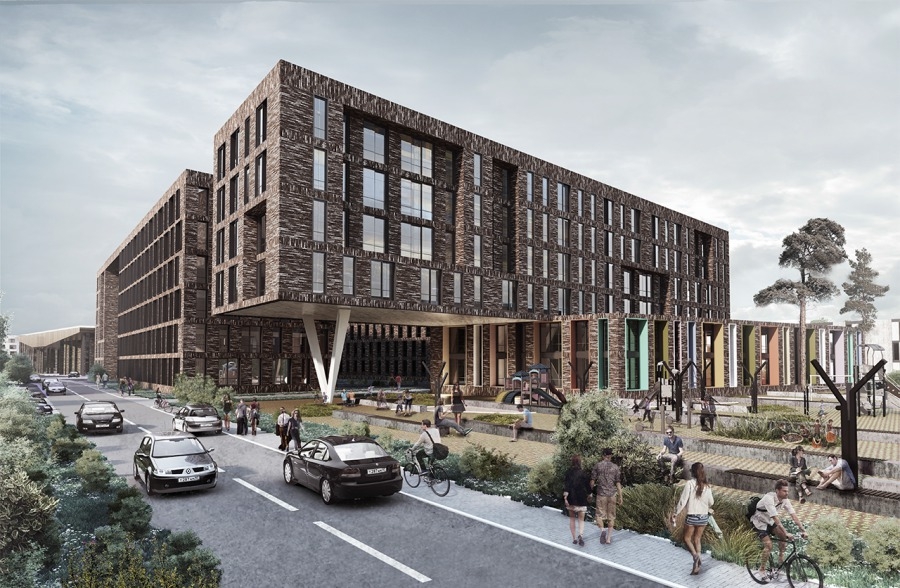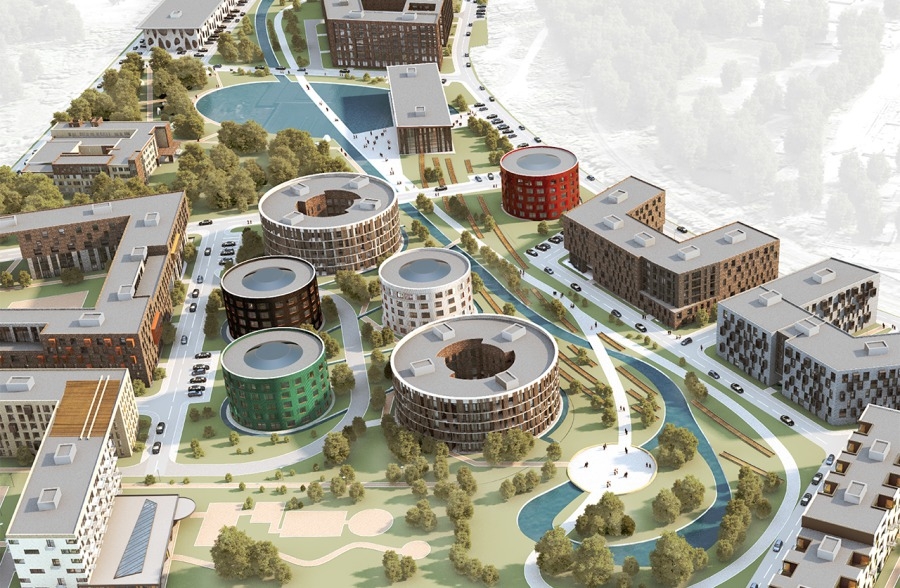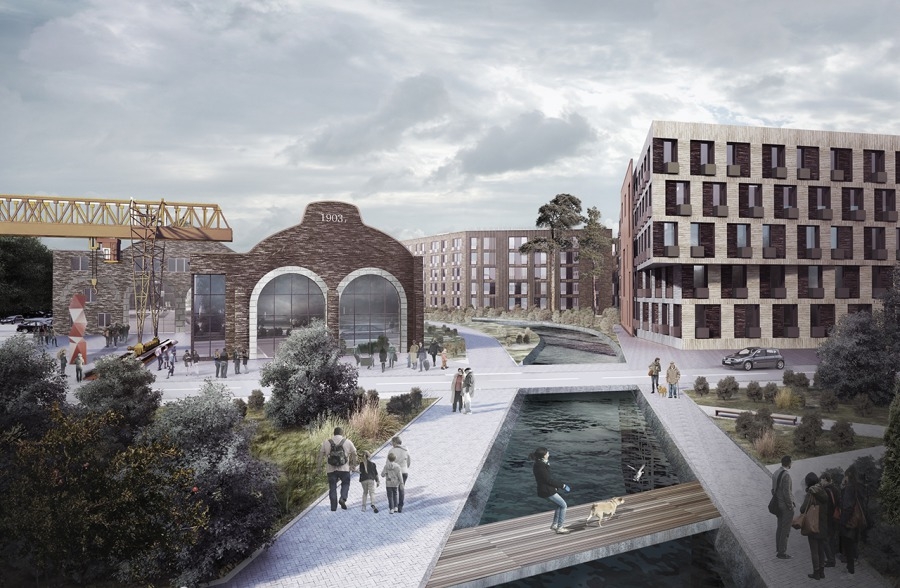Arseniy Leonovich: Three main qualities of an architect are commitment, openness for dialogue and enthusiasm
The founder of the architectural bureau PANACOM Arseniy Leonovich speaks about skills and personal qualities he considers important for an architect today.
— Arseniy, what qualities should an architect have to be successful?
— Already in the ancient times the architect Vitruvius said that one of the most important qualities of an architect is commitment. Based on the primacy of this criterion, the rest, in fact, is only a consequence. Architecture is the most important factor in the development of a high-quality, beneficial environment, and being irresponsible in creating a new structure poses a potential risk to people. An architect must be extremely attentive to the context, to commissioners, to the choice of materials, to everything that can influence the life of the developed space in the future. The 21st century also brought with it additional factors that we need to take into account in our work, in particular, the environmental aspect. If we design offices we need to ensure a decent quality of working spaces, where the employees will have the opportunity not only to work effectively, but also to unwind. We used this principle when we were developing the coworking centers of «Start» chain, where special attention was paid to creation of multifunctional informal zones.
We see the same situation with housing design: if earlier one could build a house in the middle of nowhere, without any infrastructure whatsoever, now, working on a residential complex, we always think about adding more functions and services that will be in demand by residents and the local community. It is important to create truly valuable complex proposals for the society. It is basically the same with the design of shopping and entertainment centers. It is not enough just to plan commercial areas, we need to create a space that is comfortable for visitors. We are now working on a project of a mall where we would like to use façade solutions with a complex glazing system: it will allow the guests of the complex to see the scenery outside the mall while they are inside.
— Aside from commitment, what other qualities do you consider necessary for an architect?
— It is important for architects to be good psychologists. Technical universities do not have any serious courses of applied psychology: we study history, the theory of culture, strength of materials, physics, we learn to graph and draw. But then three-quarters of the certified architects end up somewhere on the outskirts of the professional community, carrying out the most primitive functionality of this craft. Only those who can talk, communicate the idea, listen and understand the psychology of the person they talk to, can get to the top of any architectural company. An architect should be able to communicate and negotiate with customers, with all the numerous beneficiaries of the project, and with their team. In our work there is a huge amount of social connections and networking. You need to be able to organize and maintain them.
— What role do management skills play in the profession of an architect?
— Without management skills, it is impossible to successfully implement a multi-stage and super-complicated process of creating an architectural object. All three of the qualities I listed are, by and large, not associated with creative professions. It is also believed that in the profession of the architect at the head of the corner is the ability to think multivalently and spatially. This is certainly an extremely important quality, but not the only necessary one.
— Talking about creativity, do you think architecture is in principle a creative profession?
— In our profession, the share of creativity is great: we look for the best architectural form of the object, the correct texture, we are considering all the details. But any form grows from within, and at the heart of each project lies its function. It is important to be able to create meaningful and intelligent architecture. Before you draw a facade, you need to create lots of analytical charts and graphs. This fundamental principle became a cult under the influence of Rem Koolhaas and other stars, and it is unlikely to lose its relevance. I would add another important quality for an architect: curiosity. To create high-quality functional projects, it is instrumental to be within the current information field, to be aware of developments, innovations, trends in the economy, cultural and social life.
Rapid changes in the moods and needs of people directly influence the architecture. For example, the consequence of a high-rhythm of life in megacities and the striking technological growth was the development of mixed-use real estate. People do not want to spend extra time traveling around the city from work to the gym or to the shopping center, which leads to revamping of old formats, synthesis of different functions in one. I call this phenomenon spa-working: a new approach to real estate, which combines recreation, work, and sports in one space. The same trend is observed in the food industry. Consumers are evidently interested in farmers’ markets and gastro-markets.
Fermeria Pavilion designed by us is being built at VDNH, where the very multifunctionality of space is very clearly emphasized: the transformed market areas are joined with dynamic cafés and rooms for workshops and master classes. To create quality spaces and buildings in demand, an architect simply has to be in the context of current events and trends, to know and understand the needs of the audience, and to monitor the rapid changes in society.
- Tags:
- PANACOM |
- Arseniy Leonovich


